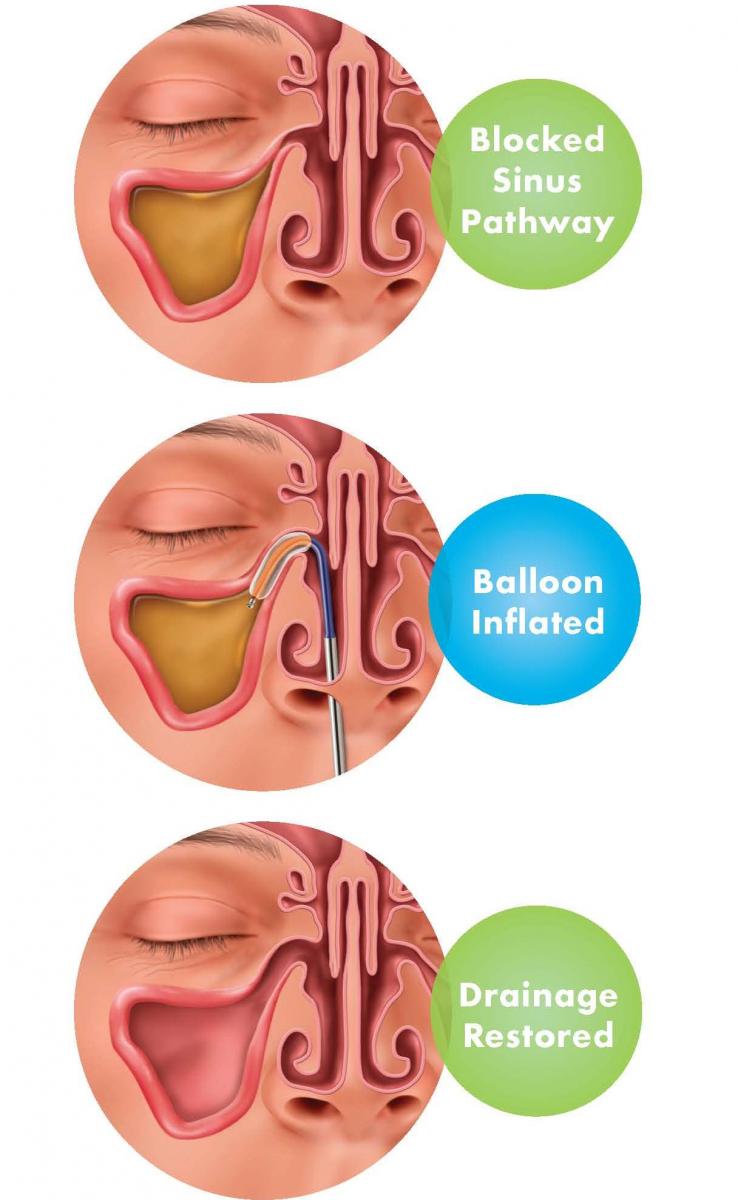Occasional Vertigo
Vertigo is a symptom, rather than a condition itself. It's the sensation that you, or the environment around you, is moving or spinning.
Vertigo or dizziness affects 70% of individuals age 65 or older. Treating balance ailments can be challenging in patients of any age, but several factors make diagnosing and treating inner ear disorders in older patients particularly complicated. When you talk about vertigo, you tend to think of an inner ear disturbance. Meniere's disease is a chronic inner ear condition that causes vertigo or extreme dizziness, and more. Astigmatism is a common eye problem causing blurry vision, difficulty seeing details and eye strain headaches. Atrial fibrillation. Atrial fibrillation is a heart condition that causes heart palpitations, confusion, dizziness. The therapist first confirms the benign paroxysmal positional vertigo (there are many other kinds) by turning your head from one side to another while looking for a characteristic eye movement. Causes of Dizziness. Sometimes, dizziness is used to describe vertigo, a motion and balance issue usually caused by an inner ear disorder. Vertigo is a feeling that you’re standing still but the world around you is spinning or tilting. Both vertigo and dizziness can cause nausea or vomiting when severe. Occasional dizziness can be caused.
This feeling may be barely noticeable, or it may be so severe that you find it difficult to keep your balance and do everyday tasks.
Attacks of vertigo can develop suddenly and last for a few seconds, or they may last much longer. If you have severe vertigo, your symptoms may be constant and last for several days, making normal life very difficult.
Other symptoms associated with vertigo may include:
- loss of balance – which can make it difficult to stand or walk
- feeling sick or being sick
- dizziness
Seeking medical help
You should see your GP if you have persistent signs of vertigo or it keeps coming back.
Your GP will ask about your symptoms and can carry out a simple examination to help determine some types of vertigo. They may also refer you for further tests.
Read more about diagnosing vertigo
What causes vertigo?
Vertigo is commonly caused by a problem with the way balance works in the inner ear, although it can also be caused by problems in certain parts of the brain.
Causes of vertigo may include:
- benign paroxysmal positional vertigo (BPPV) – where certain head movements trigger vertigo
- migraines – severe headaches
- labyrinthitis – an inner ear infection
- vestibular neuronitis – inflammation of the vestibular nerve, which runs into the inner ear and sends messages to the brain that help to control balance
Depending on the condition causing vertigo, you may experience additional symptoms, such as a high temperature, ringing in your ears (tinnitus) and hearing loss.
Read more about the causes of vertigo
How is vertigo treated?
Some cases of vertigo improve over time, without treatment. However, some people have repeated episodes for many months, or even years, such as those with Ménière's disease.
There are specific treatments for some causes of vertigo. A series of simple head movements (known as the Epley manoeuvre) is used to treat BPPV.
Medicines, such as prochlorperazine and some antihistamines, can help in the early stages or most cases of vertigo.
Occasional Vertigo And Nausea
Many people with vertigo also benefit from vestibular rehabilitation training (VRT), which is a series of exercises for people with dizziness and balance problems.
Read more about treating vertigo
Self care
Depending on what's causing your vertigo, there may be things you can do yourself to help relieve your symptoms. Your GP or the specialist treating you may advise you to:
- do simple exercises to correct your symptoms
- sleep with your head slightly raised on two or more pillows
- get up slowly when getting out of bed and sit on the edge of the bed for a minute or so before standing
- avoid bending down to pick up items
- avoid extending your neck – for example, while reaching up to a high shelf
- move your head carefully and slowly during daily activities
- do exercises that trigger your vertigo, so your brain gets used to it and reduces the symptoms (do these only after making sure you won't fall, and have support if needed)
Fear of heights
The term vertigo is often incorrectly used to describe a fear of heights. The medical term for a fear of heights and the dizzy feeling associated with looking down from a high place is 'acrophobia'.
Read more about phobias for advice and information.
It's common to sometimes feel dizzy, lightheaded or off-balance, and it's not usually serious. See a GP if you're worried.
Check if you have dizziness
Dizziness includes feeling:
- off-balance
- giddy
- lightheaded or faint
- like you're spinning or things around you are spinning (vertigo)

What Can Cause Occasional Vertigo Symptoms
How you can treat dizziness yourself
Reasons For Occasional Vertigo
Dizziness usually goes away on its own. But there are things you can do to take care of yourself while you're feeling dizzy.
Do
lie down until dizziness passes, then get up slowly
move slowly and carefully
get plenty of rest
drink plenty of fluids, especially water
avoid coffee, cigarettes, alcohol and drugs
Don’t
do not bend down suddenly
do not get up suddenly after sitting or lying down
do not do anything that could be dangerous while you're dizzy, like driving, climbing a ladder or using heavy machinery
do not lie totally flat if you feel like things are spinning
- you're worried about your dizziness or vertigo
- it will not go away or it keeps coming back
- you're finding it harder to hear
- there's ringing or other sounds in your ears (tinnitus)
- you have double vision, blurred vision or other changes in your eyesight
- your face, arms or legs feel numb
- you have other symptoms like fainting, headaches, feeling or being sick
Occasional Vertigo
Information:Coronavirus update: how to contact a GP
It's still important to get help from a GP if you need it. To contact your GP surgery:
- visit their website
- use the NHS App
- call them
Causes of dizziness

If you have other symptoms, this might give you an idea of the cause. Do not self-diagnose – see a GP if you're worried.
Dizziness often goes away after you're treated for something else. For example:
- an ear infection
- dehydration or heat exhaustion
- stress or anxiety
- low blood sugar level (hypoglycaemia) because of diabetes
| Dizziness symptoms | Possible causes |
|---|---|
| When standing or sitting up suddenly | sudden drop in blood pressure (postural hypotension) |
| Feeling off-balance, losing some hearing, ringing or other sounds in your ears (tinnitus) | inner-ear problems |
| Feeling off-balance or like things are spinning, feeling or being sick, sometimes after a cold or flu | labyrinthitis |
| After starting new prescription medicine | side effect of medicine |
| With symptoms like hearing loss, double vision, blurred vision, numb face, arms or legs | decreased blood flow to the brain, possibly from clogged arteries (atherosclerosis) |
Help us improve our website
If you've finished what you're doing can you answer some questions about your visit today?
Page last reviewed: 24 April 2020
Next review due: 24 April 2023